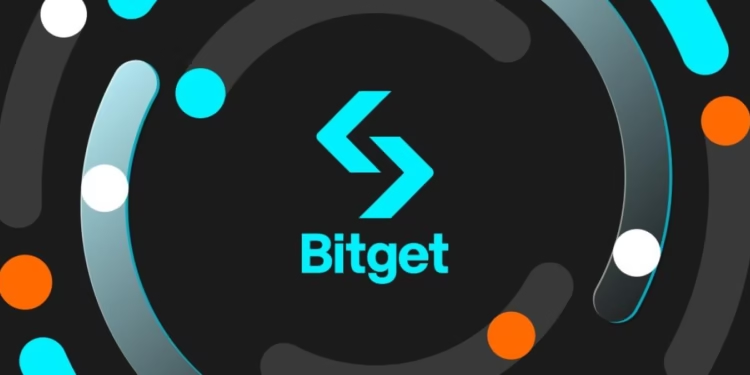Bitget Wallet has launched a direct bank transfer feature allowing users in Nigeria and Mexico to convert USDT and USDC into local currency and deposit funds to their bank accounts within minutes.
The service, announced November 26, supports more than 45 Nigerian banks and 35 Mexican banks, offering an alternative to peer-to-peer exchanges that often suffer from liquidity gaps and price volatility.
The development marks the first time a global crypto wallet has deployed a stablecoin-to-bank settlement system at this scale in these regions, aiming to simplify everyday financial transactions for millions of users who already rely on digital assets.
The usdt bank transfer system builds on a growing need for faster and more predictable conversion paths from crypto to fiat.
According to Bitget Wallet, the feature supports more than 45 Nigerian banks and over 35 Mexican banks, providing a unified channel that links on-chain value with real-world spending.
The move responds to the long-standing challenges of liquidity, settlement delays, and fluctuating P2P market rates, while positioning the usdt bank transfer system as a more stable alternative for remittances, bill payments, and personal transfers.
How the usdt bank transfer feature works
At the core of the rollout is a mechanism that mirrors the simplicity of traditional digital banking, but powered by stablecoins. Users select USDT or USDC within their Bitget Wallet interface, choose the bank they want to send funds to, and authorize the conversion.
Licensed partners then handle the fiat settlement through regulated channels, ensuring compliance and near-instant processing. Supported stablecoins include USDT and USDC on chains such as Ethereum, BNB Chain, Solana, Tron, and Base, allowing users multiple pathways to initiate a usdt bank transfer without technical limitations.
The design prioritizes user experience. By eliminating the need for peer-to-peer exchanges—an area often vulnerable to rate instability or slow buyer-seller matching—the feature enables more predictable transfers.
“Stablecoins are quickly becoming a new layer of everyday payments in emerging markets, and connecting them to local banking rails is the next step in that evolution,” — Jamie Elkaleh, CMO of Bitget Wallet.
The statement reflects Bitget’s positioning of the usdt bank transfer tool as part of a broader shift in how digitally native users manage their financial lives.
Why usdt bank transfer matters in emerging markets
Nigeria and Mexico remain two of the world’s most active stablecoin markets. Combined, both nations account for more than $160 billion in yearly on-chain transaction volume, according to Chainalysis data referenced in the original report.
Factors such as inflation, fluctuating exchange rates, and stringent capital controls have driven individuals and businesses to lean heavily on stablecoins for storing value or managing cross-border flows. The usdt bank transfer integration links this high crypto activity directly to daily spending needs.
In Nigeria, P2P channels have served as a crucial bridge between crypto and fiat, but they come with limitations—liquidity gaps, inconsistent pricing, and settlement uncertainties.
Mexico faces a similar challenge, with fewer regulated crypto-to-fiat options despite high demand for stablecoin remittances. By automating conversion and cash-out processes through its usdt bank transfer framework, Bitget Wallet introduces a more secure and friction-free alternative.
Expansion plans and broader ecosystem impact
Bitget Wallet views this update as a foundation for expanding its payment ecosystem. The wallet already offers crypto debit cards, QR-based retail payments, and an in-app lifestyle marketplace.
The addition of usdt bank transfer positions Bitget Wallet as a more comprehensive financial tool, especially in countries where traditional banking systems intersect with fast-rising digital asset adoption.
To mark the rollout, Bitget Wallet has introduced a limited zero-fee promotion, encouraging users to test the new transfer feature. Company representatives also confirmed that more emerging markets are being evaluated for future deployment of the usdt bank transfer service as global demand for stablecoin utility continues to grow.











